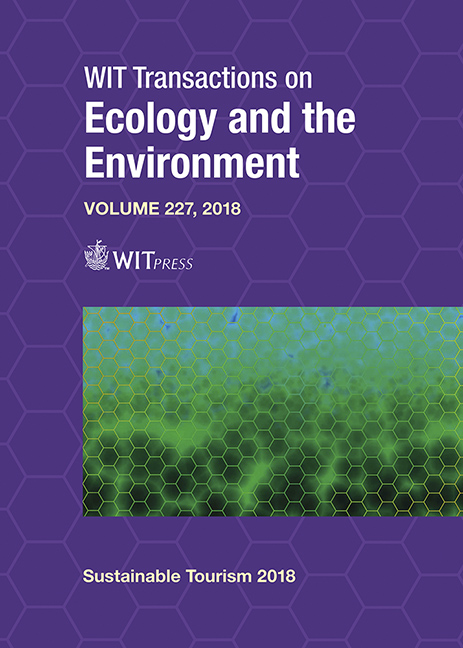CONCEPTUAL MODELING AS AN APPROACH TO DESIGNING A SUSTAINABLE TOURISM DEVELOPMENT LEARNING PROGRAMME
Price
Free (open access)
Transaction
Volume
227
Pages
9
Page Range
269 - 277
Published
2018
Paper DOI
10.2495/ST180251
Copyright
WIT Press
Author(s)
ELENI DIDASKALOU
Abstract
This paper deals with the use of concept models in the learning process. A concept model represents visually one or more aspects of the structure, the properties or the behaviour of a system in a specific field of interest. Concept modeling is directly associated with the learning activity. In a modern system of education (formal or non-formal) learners (pupils, university students, trainees, etc.) must be motivated to participate actively in the learning process so that they can fully develop their skills and abilities. The implementation of active learning techniques leads to a productive non-sterile memorization of knowledge and to its simple automatic/instinctive recall as well as to a potential application of the knowledge gained in class to real life contexts, thus improving the decision-making process. The qualitative concept mapping tools include concept maps that contribute to a more substantial rather than superficial incorporation of the new knowledge in the cognitive structure of the subjects. Within the framework of this study, the methodology of conceptual mapping was employed. Through the use of the computing environment of a concept map construction, the CmapTools software, it was applied to the subject area of sustainable tourism development. The proposed approach may have a significant impact on designing and running courses in the area of sustainable tourism development, satisfying specific training needs. It can also be used not only by those who have the responsibility to procure, design and deliver courses but also by people involved in the tourism policy-making.
Keywords
sustainable tourism development, concept maps, meaningful learning, curriculum design





